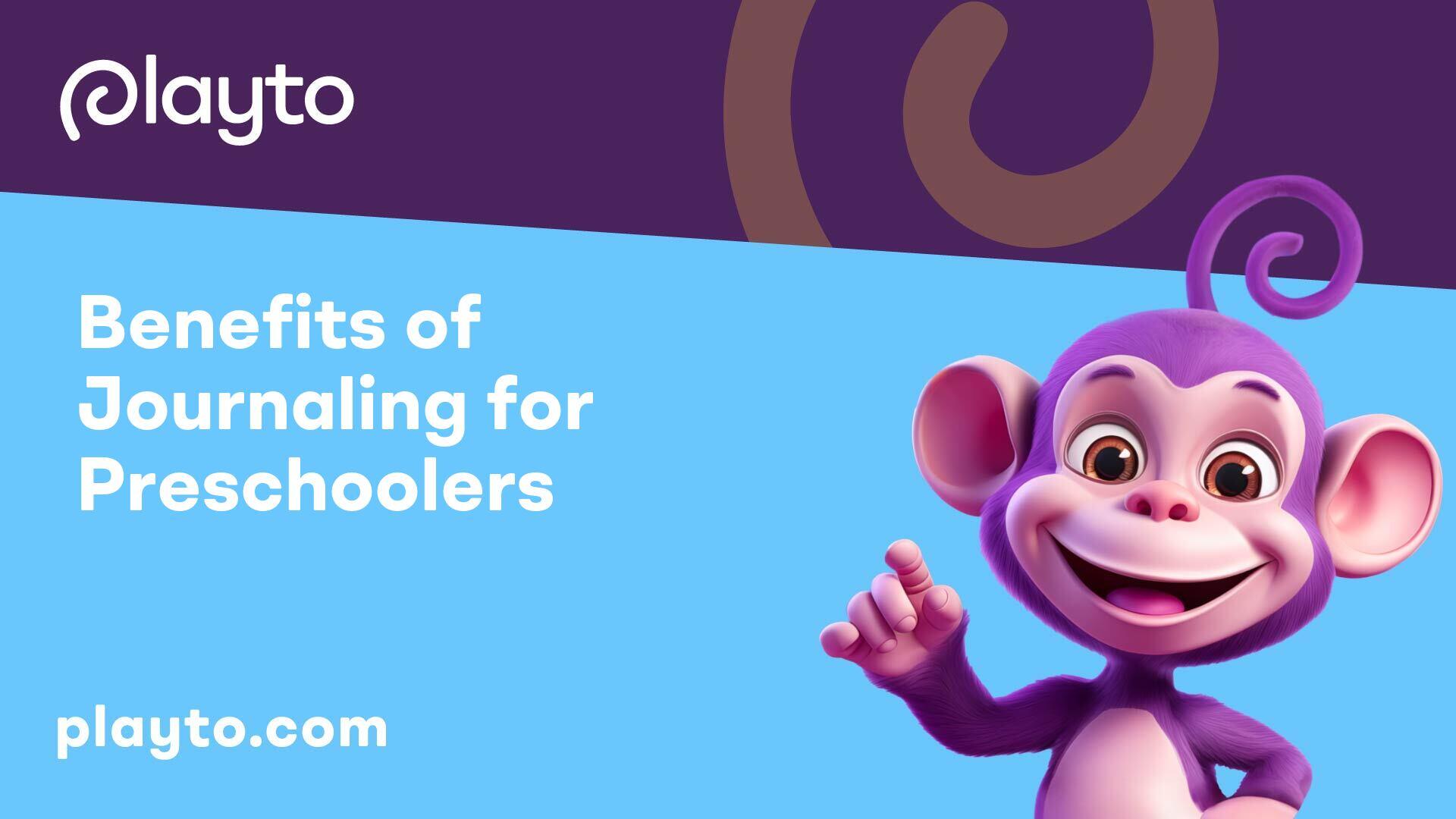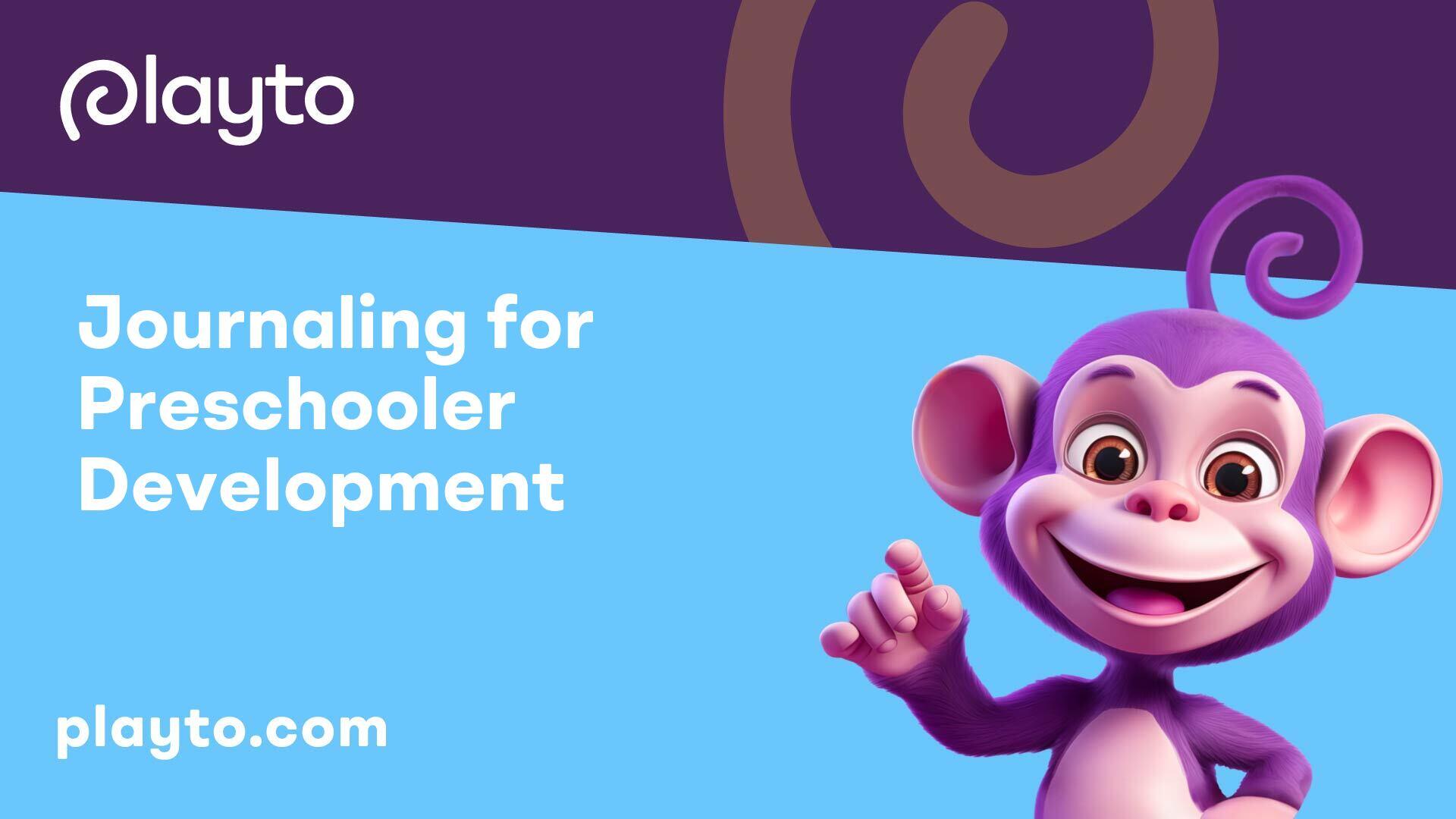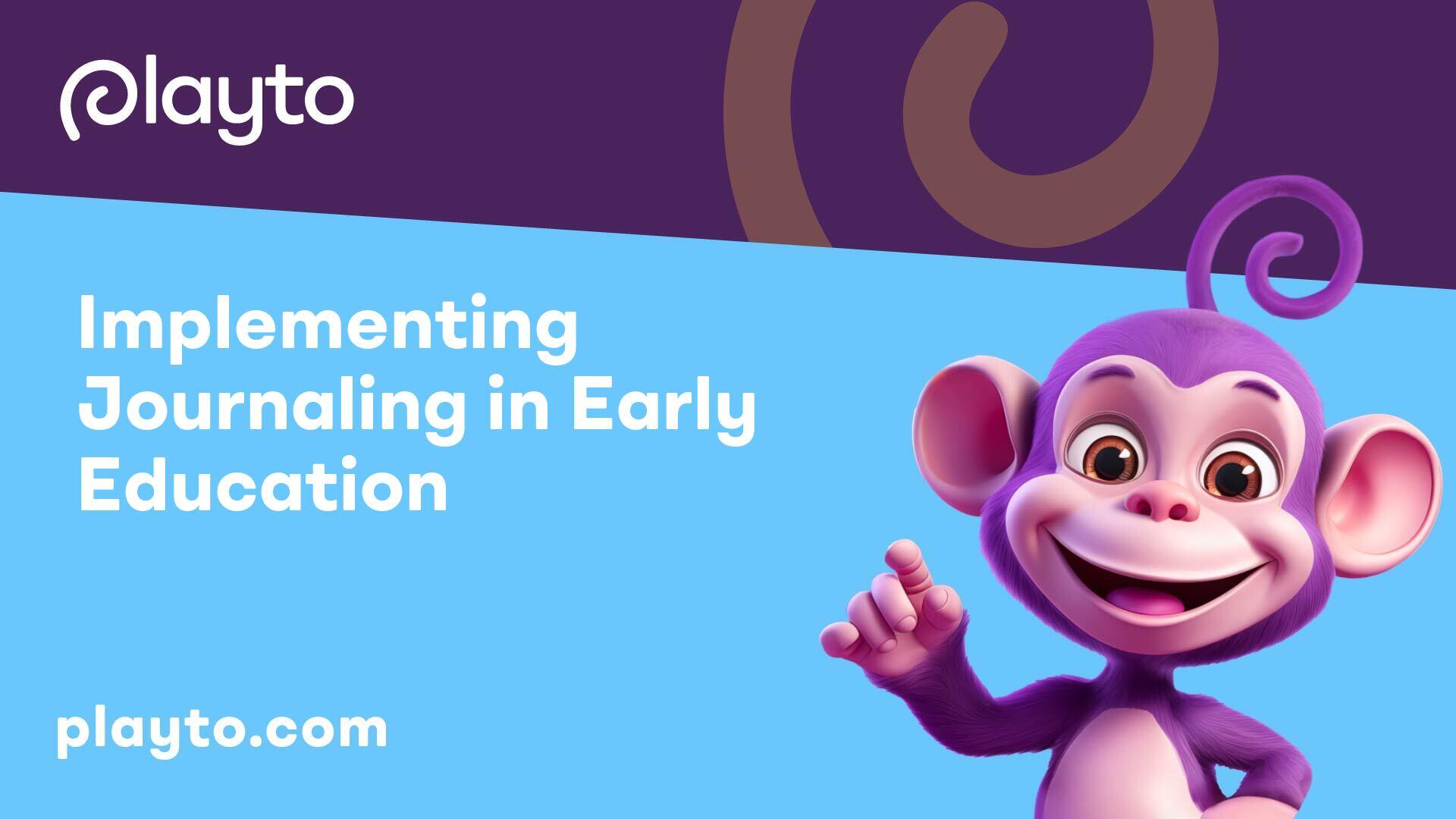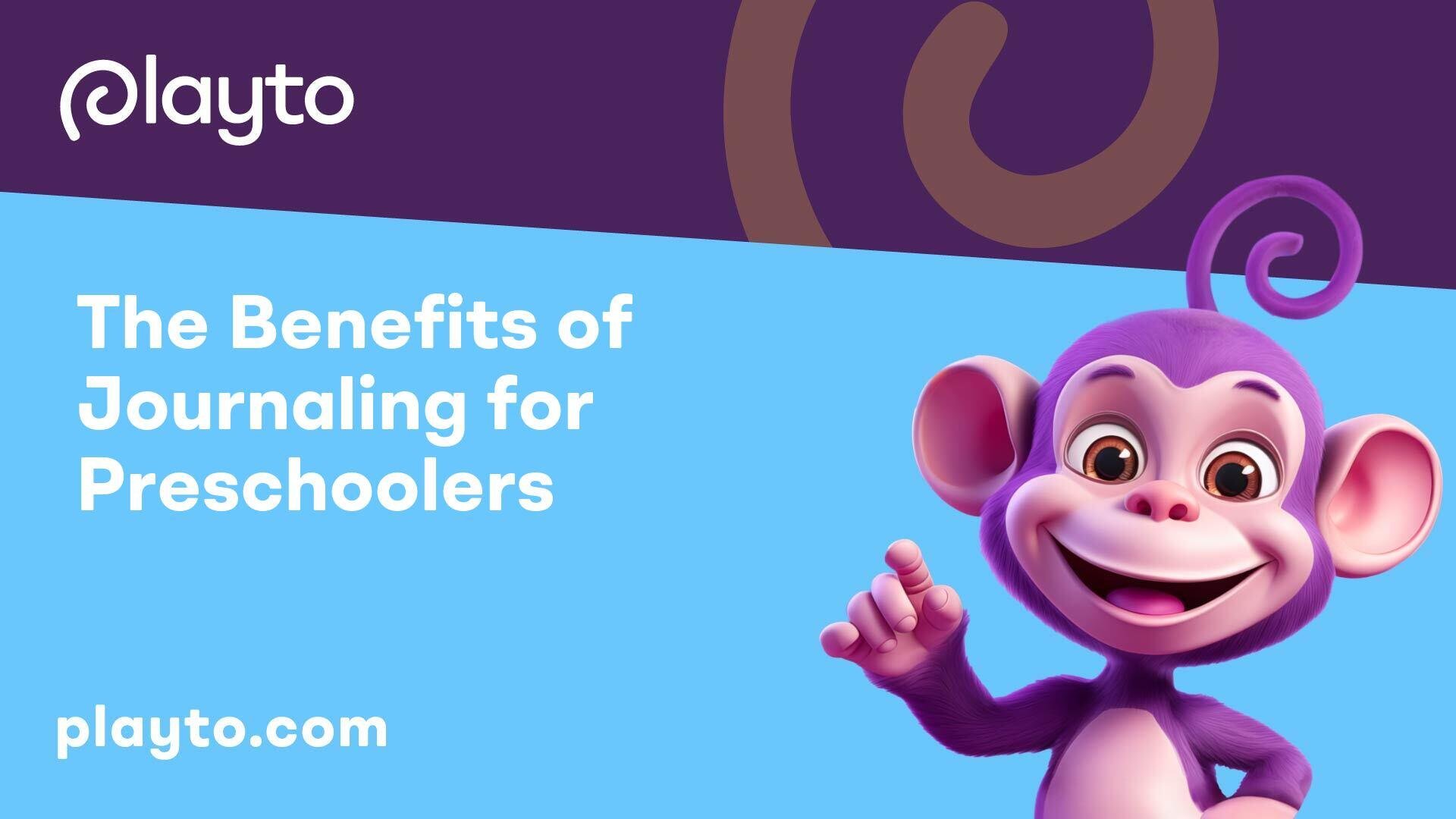
Benefits of Journaling for Preschoolers
Exploring the advantages of journaling for preschoolers unravels several benefits that contribute to their emotional wellbeing and cognitive development.
Emotional Wellbeing and Stress Reduction
Journaling serves as a tool for preschoolers to improve their mental health by relaxing, managing anxiety, and enjoying the act of writing. It provides a safe space for them to explore their thoughts, fears, and concerns, aiding them to visualize solutions. By recording amusing events or writing in a playful manner, preschoolers can reduce anxiety and stress, fostering a positive emotional outlook.
Engaging in journaling activities can also encourage self-confidence in preschoolers by assisting them in staying organized and alleviating anxiety. Through positive self-talk and the practice of expressing themselves in written form, preschoolers can enhance their self-esteem and develop a healthy relationship with themselves.
Cognitive Development and Self-Expression
Journaling promotes emotional intelligence in preschoolers by helping them understand and process their feelings about people or situations. It enables preschoolers to identify emotional triggers, fostering a deeper comprehension of their strengths, weaknesses, and how they navigate various environments. By expressing themselves through writing, preschoolers can articulate their emotions and thoughts, enhancing their self-awareness and emotional regulation skills.
Moreover, the process of journaling can aid in memory improvement for preschoolers. By jotting down information by hand, young children can effectively commit ideas to memory, helping them retain insights and goals that may have otherwise been forgotten.
By recognizing the benefits of journaling for preschoolers, educators and parents can encourage this practice to not only foster emotional wellbeing and stress reduction in children but also enhance their cognitive development and self-expression skills.

Journaling for Preschooler Development
Journaling offers significant benefits for the development of preschoolers, enhancing various aspects of their cognitive and social skills. Through consistent journaling practices, preschoolers can experience cognitive stimulation that positively impacts their brain function and overall growth.
Cognitive Stimulation and Brain Function
The act of journaling engages various areas of the brain, promoting cognitive stimulation and enhancing brain function in preschoolers, as highlighted by Medium. This engagement fosters critical thinking, language development, and creativity. By expressing their thoughts and experiences through journaling, preschoolers not only enhance their communication skills but also strengthen their cognitive abilities.
Journaling serves as a creative outlet for preschoolers to organize their thoughts, process emotions, and develop their language skills. The practice of putting thoughts into words can improve vocabulary, sentence structure, and overall communication abilities. This cognitive stimulation is vital for the holistic development of preschoolers, laying a strong foundation for their future academic success.
Communication and Social Skills Enhancement
In addition to cognitive development, journaling plays a crucial role in enhancing communication and social skills in preschoolers. When preschoolers engage in reflective journaling activities, they learn to articulate their feelings and experiences effectively. This practice fosters self-expression and emotional intelligence, enabling preschoolers to understand and regulate their emotions.
Furthermore, the journaling process can encourage preschoolers to share their thoughts and stories with others, promoting social interactions and empathy. By communicating through written expressions, preschoolers develop an awareness of their own emotions and learn to empathize with the feelings of others. This enhancement of communication and social skills is fundamental for building strong relationships and fostering a positive social environment in early education settings.
Implementing regular journaling activities in early childhood education not only benefits cognitive development but also nurtures emotional intelligence and social connections among preschoolers. By incorporating journaling into the curriculum, educators can provide valuable opportunities for preschoolers to express themselves, engage in meaningful reflections, and strengthen their cognitive and social skills.

Implementing Journaling in Early Education
When it comes to incorporating journaling into early education settings, the benefits for preschoolers extend beyond just the act of writing. Journaling plays a significant role in fostering cognitive skills development and enhancing emotional intelligence and memory improvement.
Cognitive Skills Development
Introducing preschoolers to journaling practice at a young age can have a profound impact on their cognitive development. The act of journaling engages various areas of the brain, promoting cognitive stimulation and enhancing brain function in young children. By encouraging preschoolers to write, draw, or even dictate their thoughts and experiences, educators can help enhance children's critical thinking, problem-solving abilities, and language skills.
Through journaling activities, preschoolers are encouraged to observe, reflect, and express themselves creatively, all of which contribute to their overall cognitive growth. Regular journaling exercises can improve children's attention span, memory retention, and organizational skills, laying a strong foundation for their future academic success.
Emotional Intelligence and Memory Improvement
Journaling for preschoolers serves as a valuable tool in promoting emotional intelligence and memory improvement. The practice of journaling allows young children to express their thoughts, feelings, and experiences in a structured and reflective manner, providing an outlet for emotional expression and self-discovery.
By encouraging preschoolers to journal about their daily activities, emotions, and interactions, educators can help children develop greater self-awareness, empathy, and emotional regulation skills. Journaling also aids in memory improvement by encouraging children to reflect on past events, strengthen their recollection abilities, and make connections between different experiences.
Incorporating journaling into early education not only supports cognitive development but also nurtures essential skills for social and emotional growth. By providing preschoolers with the tools and guidance to engage in journaling activities, educators can create a nurturing environment that promotes self-expression, self-discovery, and holistic development in young children.
Enhancing Cognitive Abilities
Journaling plays a crucial role in enriching the cognitive abilities of preschoolers. Two key areas where journaling can have a significant impact are fluid reasoning and spatial skills, as well as motor development and critical thinking.
Fluid Reasoning and Spatial Skills
Fluid reasoning (FR) is a fundamental aspect of cognitive development that influences various cognitive activities and academic performance. Research has shown that training interventions targeting FR can lead to improvements in early math skill development in kindergarten and elementary school-age children. Spatial skills, closely related to FR, are essential for higher mathematical abilities and overall cognitive development in children.
Engaging preschoolers in journaling activities that involve drawing or describing spatial relationships can enhance their spatial skills. Encouraging children to express themselves creatively through journaling not only fosters their imagination but also contributes to the development of their spatial cognition. Allocating time for spatial journal prompts or exercises can help preschoolers strengthen their spatial reasoning abilities, setting a solid foundation for future academic success.
Benefits of Journaling for Preschoolers: Fluid Reasoning and Spatial Skills- Improves spatial reasoning abilities- Enhances problem-solving skills- Boosts mathematical abilities- Fosters creative thinking
The integration of journaling activities that specifically target fluid reasoning and spatial skills can provide preschoolers with valuable cognitive stimulation and contribute to their overall cognitive development.
Motor Development and Critical Thinking
Motor abilities are closely intertwined with cognitive development in infants and young children. Studies have highlighted the significance of motor function in early childhood, as impairments in motor skills can potentially lead to language acquisition difficulties and attention issues later in life. Journaling activities that involve drawing, coloring, or writing can aid in enhancing fine and gross motor skills among preschoolers.
By engaging in journaling exercises that require controlled hand movements and coordination, children can refine their motor skills while also fostering critical thinking abilities. Encouraging preschoolers to reflect on their experiences and thoughts through journaling promotes introspection and analytical thinking. Reflective journaling has been identified as a valuable tool in developing critical thinking skills in students.
Benefits of Journaling for Preschoolers: Motor Development and Critical Thinking- Enhances fine and gross motor skills- Promotes critical thinking and problem-solving- Encourages self-expression and self-reflection- Develops attention to detail and focus
Incorporating journaling activities that focus on motor development and critical thinking into early education programs can nurture well-rounded preschoolers with enhanced cognitive abilities and a solid foundation for future academic success.
Music and Movement Activities
Introducing music and movement activities in preschool settings can have a profound impact on various aspects of a child's development. These activities not only promote physical coordination and fitness but also play a significant role in fostering language development, gross motor skills, creativity, and cognitive stimulation.
Language Development and Gross Motor Skills
Music and movement activities in preschool help enhance language development by encouraging children to expand their vocabulary, improve pronunciation, and sharpen their communication skills. Through activities like singing, dancing, and role-playing, children can practice following directions, act out stories, and engage in conversations, all of which contribute to boosting their language proficiency.
Moreover, engaging in physical activities like dancing and playing with musical instruments supports the development of gross motor skills in preschoolers. These activities promote coordination, balance, and strength, laying a foundational base for physical development essential for overall well-being and future academic success.
Creativity and Cognitive Stimulation
Incorporating music and movement into preschool learning environments can foster creativity and imagination in young children. By providing opportunities for self-expression, storytelling, and problem-solving through music and movement activities, children can unleash their creativity, enhance critical thinking skills, and develop a strong sense of imagination. Such activities spark innovation and encourage children to think outside the box, nurturing their cognitive abilities and fostering a love for arts and self-expression.
Furthermore, music and movement actively engage preschoolers in cognitive development by stimulating pattern recognition, memory retention, and improving attention and focus. These activities challenge children to think critically, process information, and make connections, all of which are vital for their academic growth and overall cognitive abilities. The combination of music and movement provides a multi-sensory experience that enhances brain function and boosts cognitive skills in young learners.
By infusing music and movement activities into preschool curricula, educators can effectively support language development, gross motor skills, creativity, and cognitive stimulation in children, setting a strong foundation for their holistic development and future educational success.
References
[2]:
[3]:
[4]:
